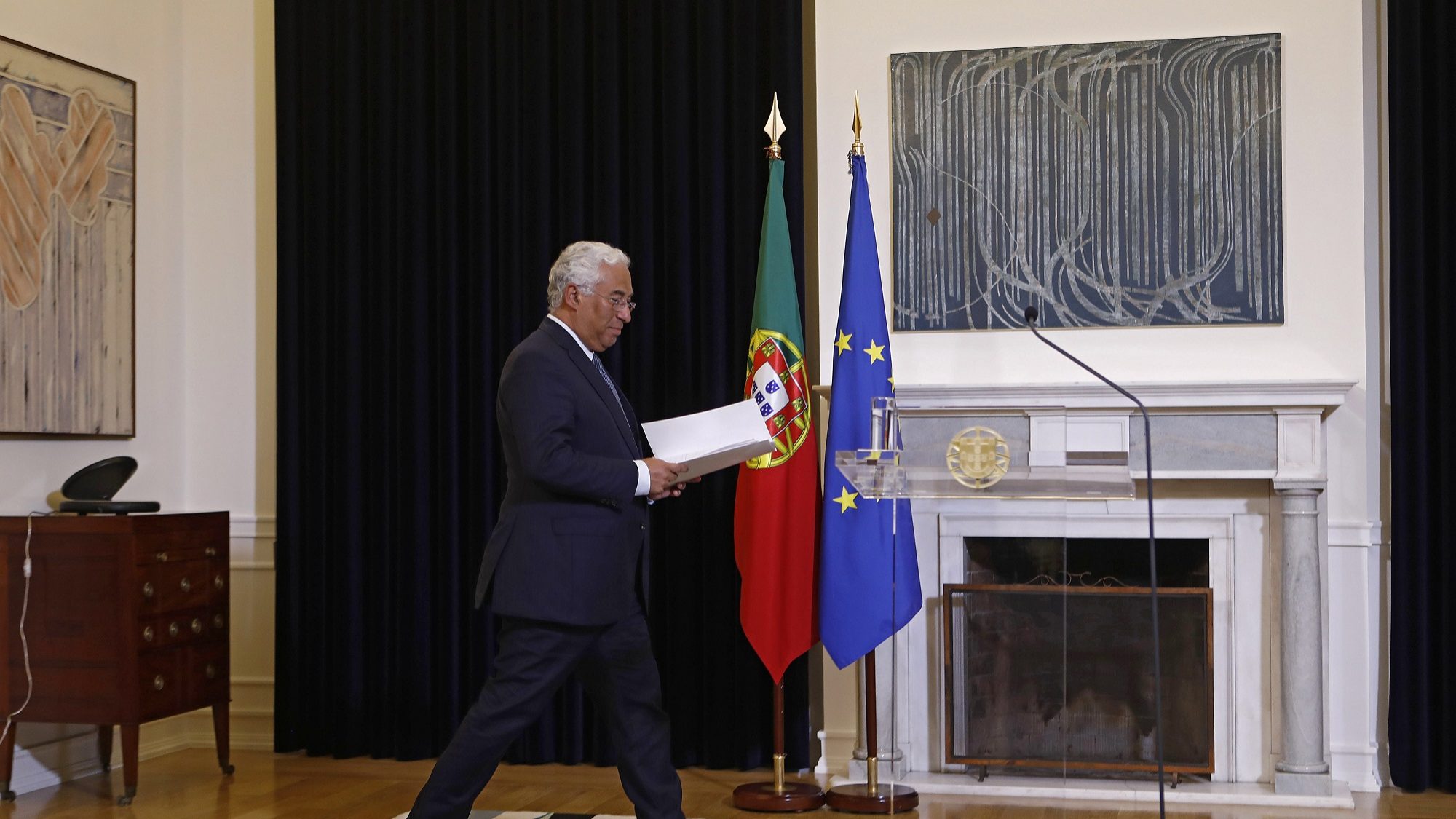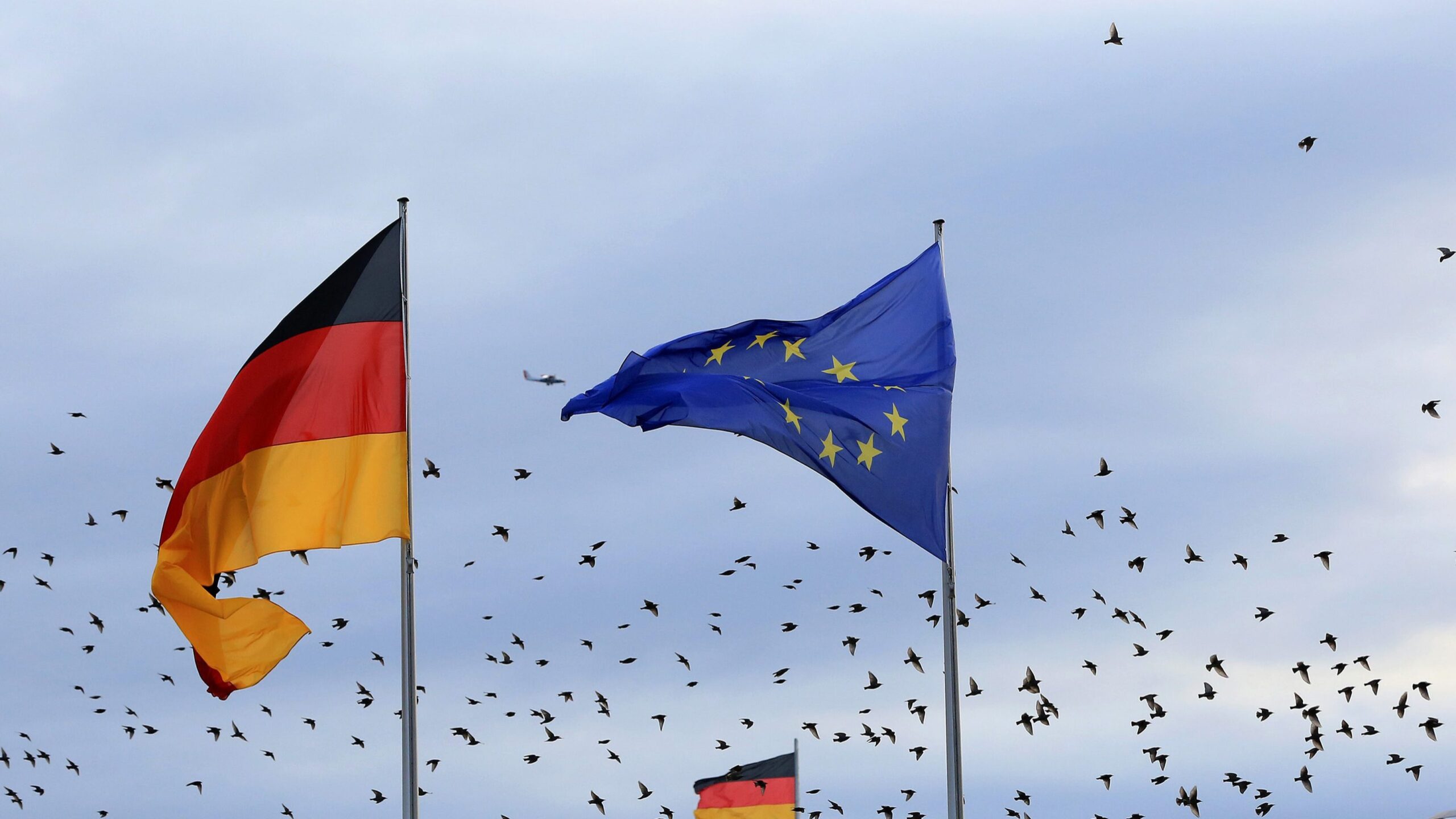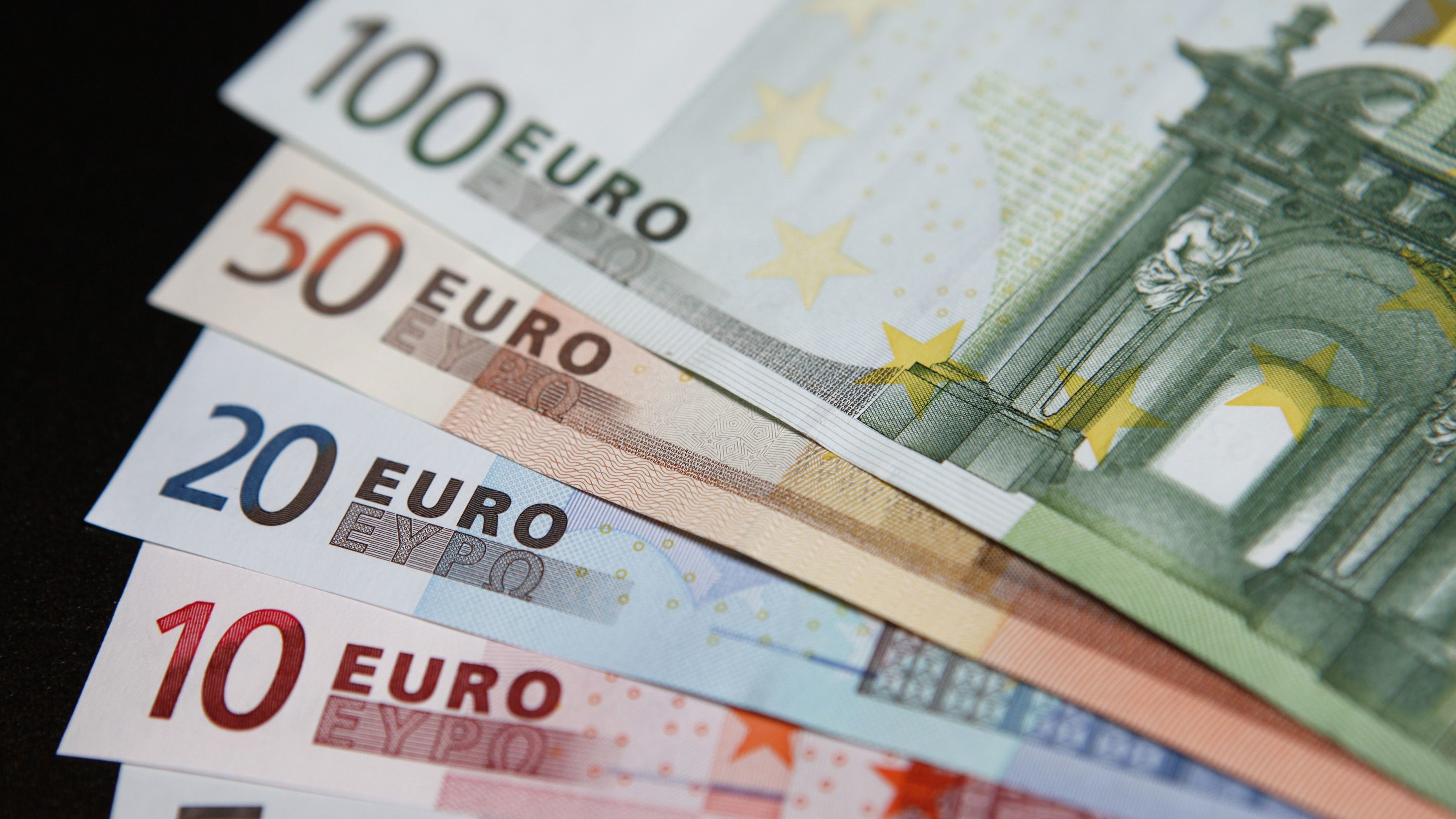German chancellor hails Portugal’s ‘impressive economic success story’
"In recent years, Portugal has written an impressive economic success story," declared Scholz at opening ceremony of the Hannover Messe International Industrial Fair 2022.
Germany’s chancellor, Olaf Scholz, has described Portugal as having “an impressive economic success story” – hailing its recovery after the economic and financial crisis of a decade ago, but also its progress in the digital and energy transition.
“In recent years, Portugal has written an impressive economic success story,” declared Scholz at opening ceremony of the Hannover Messe International Industrial Fair 2022, on Sunday evening. “What a recovery after the difficult years of economic and financial crisis.”
With Portugal’s prime minister, António Costa, in the audience, the German chancellor stressed that the Iberian country “has made great progress in technology, digitalisation and energy transition.
“Lisbon has become one of the European epicentres for startups and for digital nomads around the world,” he went on. “‘Smartphones and surfboards’: it’s a combination that works.”
Addressing Costa directly, Scholz said that executives led by the Portuguese prime minister had “invested massively in Portugal’s innovative capacity, with leading research institutes such as the Fraunhofer Institute becoming attracted to Portugal.
“Over the past few years, numerous new business-to-business cooperations have emerged: more than six hundred German companies are already active in Portugal,” he enumerated. “These are not only large international companies, such as Volkswagen, Bosch, Siemens and Continental, but also small and medium-sized enterprises. This is due to the good climate they find in Portugal, both to invest and to spend holidays.”
Earlier, the chancellor also referred to Portugal’s 15th- and 16th-century maritime ‘Discoveries’ – noting that, according to the Austrian writer Stefan Zweig, these marked “the beginning of the modern era, the moment when the world became spherical, global.”
According to Scholz, for that reason “it is not surprising” that Portugal has been chosen as the partner country of this year’s Hannover fair: “Cosmopolitanism and trade are as much part of Portugal’s DNA as discoveries and innovations, and Hannover is the trade fair for discoverers and inventors.
“So the ‘slogan’ you have chosen for your presence here, António, is very pertinent: ‘Portugal makes sense’.”
In Portuguese, Scholz then told Costa that he was “welcome” to the Hannover fair.
Speaking before the German chancellor, Costa had stressed that the choice of Portugal as a partner country for the Hannover fair “is certainly recognition of the value of the relations that already exist between Portuguese and German industries, but above all it shows confidence in the potential” to strengthen “these ties even further.”
Like Scholz, he proposed a “trip back in time” – recalling the air crossing of the South Atlantic made 100 years ago by pioneer aviators Gago Coutinho and Sacadura Cabral to address the creation of the artificial horizon sextant, which “allowed them to astronave the plane and which was a great innovation at that time.
“The story doesn’t end there: that innovation was then commercialised by a very well-known German company, which still continues to operate from Hamburg … and was used in 1929 on the first round-the-world trip aboard a German-made dirigible: a Zeppelin,” he recalled. “This means that already in those times, a hundred years ago, commercial ties and the transfer of knowledge between our countries were well present and mutually beneficial.”
With the slogan ‘Portugal makes sense’, the Hannover fair – considered the world’s largest – began on Sunday today and ends on Thursday, with Portugal as partner country for this year’s edition.
According to the office of Portugla’s prime minister, 109 Portuguese companies are taking part in the fair that undertake “activities in the areas of engineering solutions, energy solutions and digital ecosystems.”


